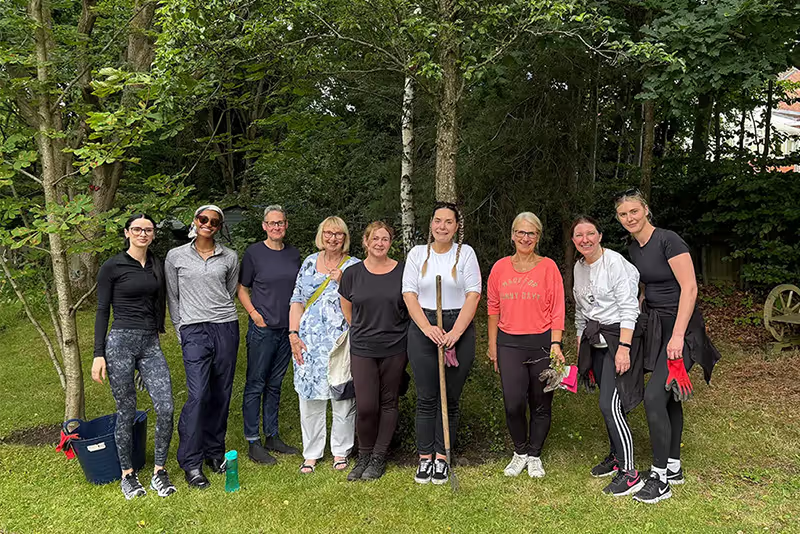
We all know how a poor night’s sleep can affect our mood and performance. But sleep deprivation can have more serious consequences than just feeling tired or irritable.
Choose the Right Room
- Ask about room location when booking or checking in. Rooms on upper floors and away from lifts tend to be quieter.
- Avoid mezzanine-level rooms, which are often situated above bars or restaurants.
- A scenic view might be appealing, but rooms overlooking pools or busy streets can be noisy. If traffic is a concern, request a room at the back of the hotel.
Address Noise Issues Promptly
- If noise becomes a problem, report it to the front desk rather than confronting other guests.
- If the issue persists, ask to move rooms. A short inconvenience is worth a better night’s sleep.
Exercise Wisely
- Regular exercise supports better sleep, but timing matters. Morning workouts are ideal, as evening exercise can boost energy and delay sleep.
Create a Wind-Down Routine
- Establish a calming pre-sleep ritual. Stretching, meditation, and dimming lights can help signal your body to rest.
- Avoid screens before bed. Blue light from phones, laptops, and even alarm clocks can disrupt melatonin production. Cover or turn off any light-emitting devices.
Check Room Features
- Confirm that your room is non-smoking, especially when travelling abroad, where smoking policies may vary.
- Explore pillow options. Many hotels offer a choice of firmness or even a pillow menu. The right pillow can make a big difference.
Manage Room Temperature
- Room temperature affects sleep quality. Aim for a comfortable range between 18 and 21 degrees Celsius.
- If the room feels too warm or cold and you can’t adjust it yourself, speak to hotel staff.
- Consider the air conditioning unit’s location and noise level. Some find the hum soothing, while others may find it disruptive.
Respect Travel Policies
- Avoid sharing rooms with colleagues unless explicitly permitted. Snoring and differing sleep habits can interfere with rest.
Request a Wake-Up Call
- For peace of mind, ask reception for a wake-up call in addition to setting your own alarm. Knowing you won’t oversleep can help you relax and fall asleep more easily.

.avif)



